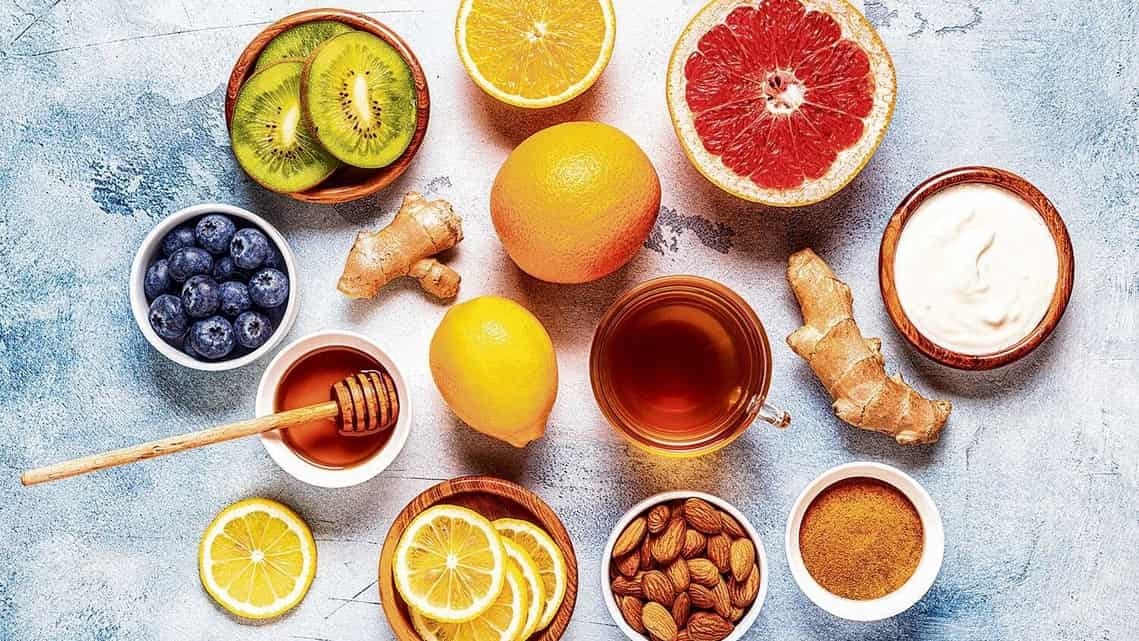Foods vary in their effects on our bodies, but it’s general known that some are healthier than others. Green salad beats out fries, salmon outshines a hamburger, and a yoghurt parfait outshines a hot fudge sundae when it comes to nutrition.
What exactly are the advantages of eating superfoods?
There is no uniform criteria that a meal must meet to be labelled a “superfood” due to the fact that “superfoods” are not a recognised category of foods. However, this designation is often reserved for organic foods that are very nutrient-dense without being too calorically dense.
What makes a meal a “superfood,” and how do we recognise them?
To be interpreted literally, the word “superfood” designates a class of foods that offers several health benefits to the consumer. A superfood is a very nutritious food, however not everything healthy fits that description. Choosing the greens and superfoods is essential here.
Superfoods are defined as foods that are exceptionally rich in certain nutrients.
Antioxidants
By protecting your cells from damage, these naturally occurring compounds may lower your risk of developing cardiovascular disease, cancer, and other diseases.
Minerals
Nutrients like calcium, potassium, and iron help your body perform at its peak.
Instead of taking a vitamin supplement, it’s best to receive your vitamins from whole food sources, such superfoods.
Fiber
In addition to its role in avoiding heart disease and decreasing cholesterol, fibre also helps those with type 2 diabetes keep their blood sugar levels under control.
Flavonoids
Historically, flavonoids were referred to as vitamin P. These compounds may have anti-inflammatory and cancer-preventive properties. Plants contain flavonoids.
Good fats and oils
Monounsaturated and polyunsaturated fats, which are what we mean when we talk about “healthy fats,” are associated with lower cholesterol levels and protection against cardiovascular disease and stroke.
Avocado
Don’t let other people’s disapproval of your avocado toast habit get to you. Czerwony claims that the “heart-healthy monounsaturated fats” found in avocados reduce the likelihood of cardiovascular disease and stroke. Avocados are rich in these healthy lipids. You can get more potassium from a single avocado than from an entire banana, and the list of benefits to your health goes on and on.
Include avocados in your daily meals.
A breakfast of sautéed veggies, poached eggs, and avocado is an excellent source of healthy fats and a wide variety of vitamins and minerals. Delicious and healthy Avocado Brownie Bites are just one example of how avocado can be used in desserts. One of my favourite foods, avocado, may be used in a wide variety of ways.
Berries
The American Heart Association suggests that women may benefit from a lower risk of heart attack by increasing their consumption of berries owing to their high flavonoid content. Just eating them is the easiest way to take in the benefits of berries. It’s possible to start the day with a bowl of Berry Smoothie Bowls, and it’s also possible to make your own Cinnamon Cranberry Sauce to use as a condiment or a side dish.





